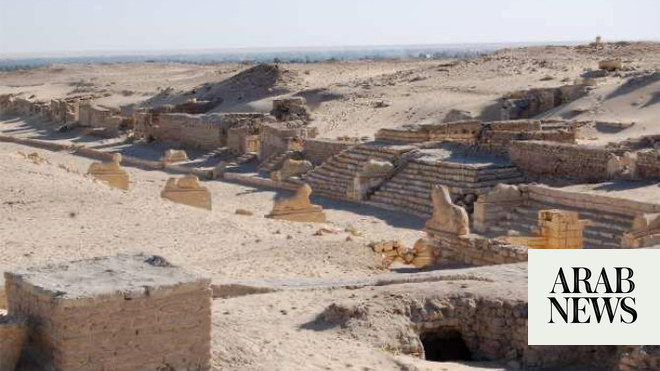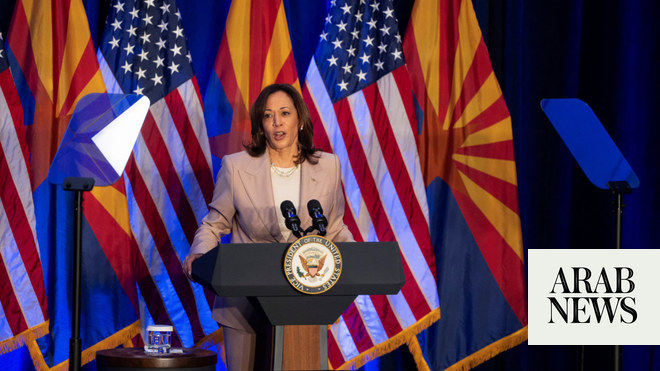
The most powerful man in this ancient city rides through the streets on prized thoroughbreds and in vintage Rolls-Royce convertibles. One servant holds a designer umbrella over his head, no matter the weather. Another fans him with exotic-bird feathers. As soon as they see him, a group of uniformed men fire cannons into the air.
Muhammad Sanusi II is the emir of Kano. For 1,000 years, his predecessors ruled one of Africa’s great empires. Now, Sanusi has inherited his family’s palace, its pageantry and its nostalgia for a Nigeria that no longer exists.
He is, by some measures, the most important traditional leader in West Africa. But in a country of pop stars, oil tycoons and cutthroat politicians, his reign has become a litmus test for the relevance of Nigeria’s tribal and religious chiefs.
Across Africa, as mayors and chief executives compete for power with tribal elders and paramount chiefs, as young people engage with their communities on Facebook as frequently as the ones in their native villages, and as booming cities draw more families from their ancestral homes.
Sanusi, 56, has taken on the question of his relevance with fervor, trying to show the ways the traditional and the modern can coexist in Nigeria. He’s the right man for the job: a former head of Nigeria’s central bank, a staunch opponent of child marriage, a man whose bookshelf is divided between Islamic law and monetary policy and whose iPhone is constantly lighting up.
“People have this idea of what an emir should be — he’s elderly, he’s quiet, he’s detached,” Sanusi said. “I’m from a different generation.”
In 2014, Boko Haram, perhaps the world’s most vehemently anti-modern extremist group, tried to kill Sanusi in an attack on Kano’s central mosque. He happened to be traveling that day. More than 100 others were killed.
The assassination attempt underscored Sanusi’s prominence and the risks he was undertaking as a reformer. Sanusi has not let up.
A few times a week, Sanusi holds court in an annex of his palace.
“It’s clear that many people trust him more than they trust the official legal system,” said Ibrahim Mukhtar, Kano’s attorney general, who had come to visit Sanusi. “We need to recognize that.”
That duality exists across much of the continent. In rural Malawi, the punishment for theft is meted out by the village head, not the judicial system. During the Ebola outbreak in Sierra Leone, it was paramount chiefs, not formal government representatives, who often persuaded people to change their behavior and ended the epidemic.
But Sanusi’s stage is much bigger than that of most traditional leaders. Kano state now has a population of nearly 10 million. And the emir’s comments and actions have typically resonated across much of West Africa.
The Washington Post












